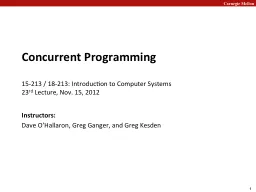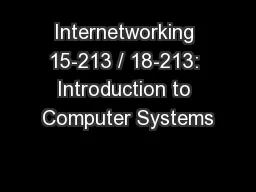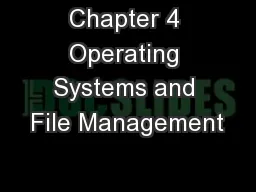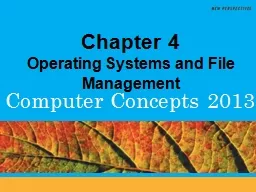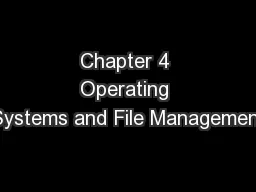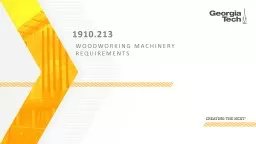PPT-How to Write a .c File 15-213: Introduction to Computer Systems
Author : bella | Published Date : 2023-10-25
Recitation 6 Oct 1 2012 Alexander Malyshev amalyshe Section A 1030a 1120p WeH 4623 Agenda Buffer overflow Writing a C program Makefiles Revision Control Buffer
Presentation Embed Code
Download Presentation
Download Presentation The PPT/PDF document "How to Write a .c File 15-213: Introduct..." is the property of its rightful owner. Permission is granted to download and print the materials on this website for personal, non-commercial use only, and to display it on your personal computer provided you do not modify the materials and that you retain all copyright notices contained in the materials. By downloading content from our website, you accept the terms of this agreement.
How to Write a .c File 15-213: Introduction to Computer Systems: Transcript
Download Rules Of Document
"How to Write a .c File 15-213: Introduction to Computer Systems"The content belongs to its owner. You may download and print it for personal use, without modification, and keep all copyright notices. By downloading, you agree to these terms.
Related Documents




